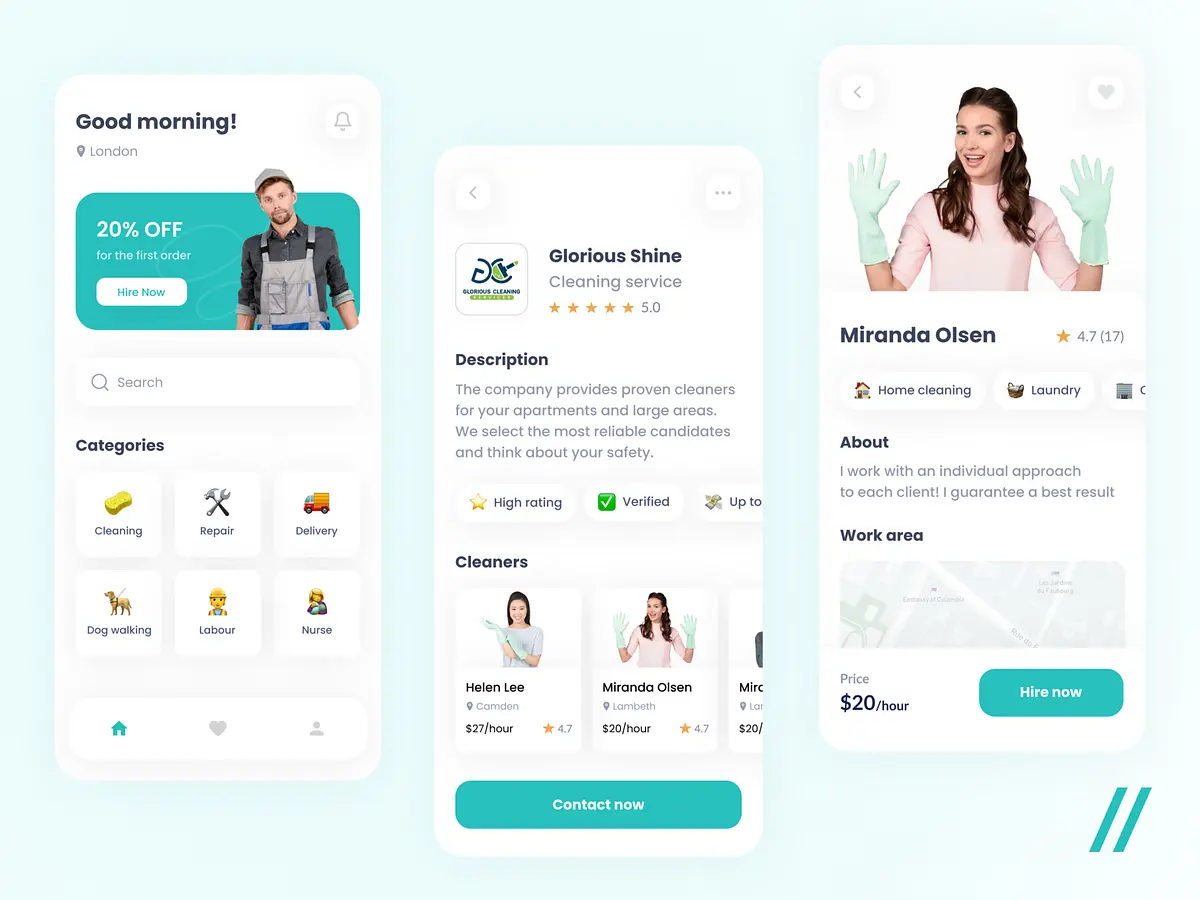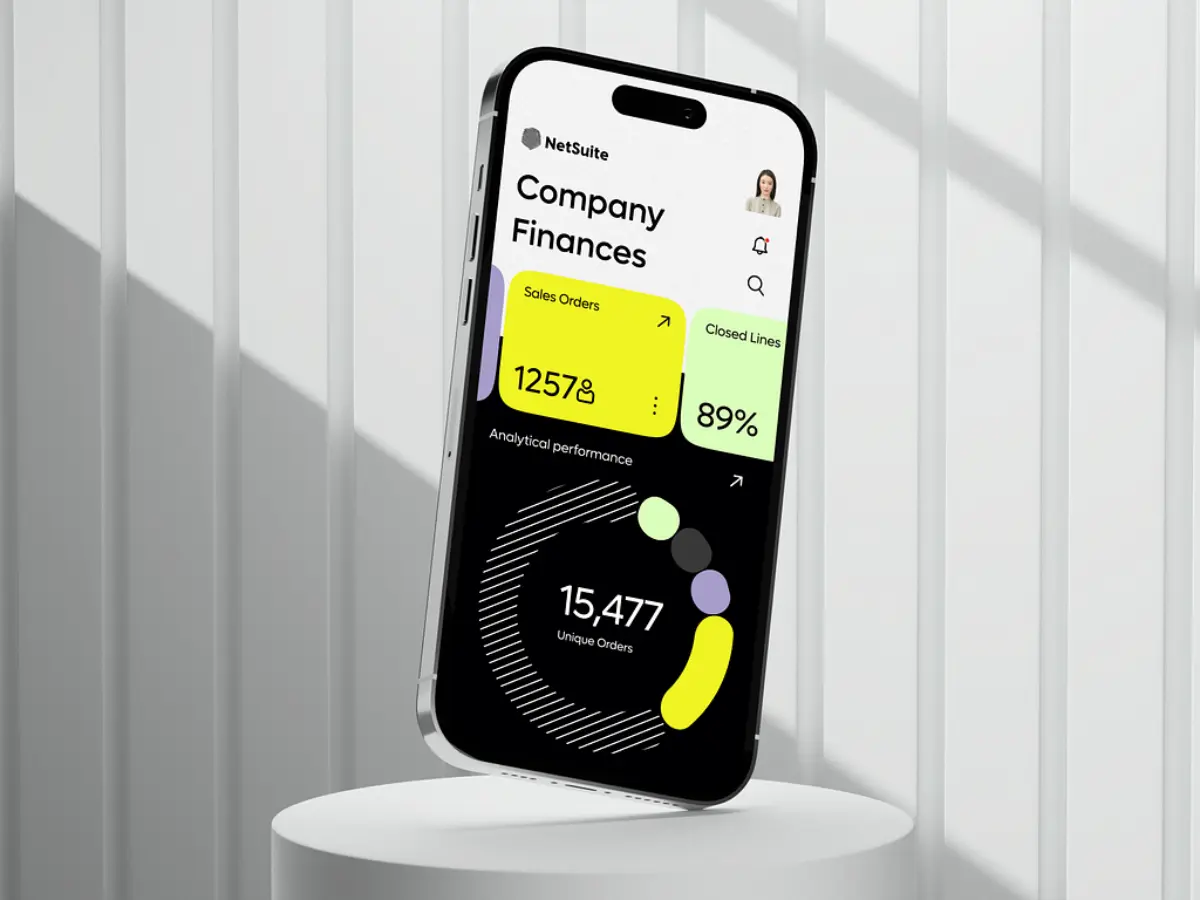How Cloud Services Empower Digital Transformation


Cloud services provide an opportunity for businesses to undergo digital transformation, where they provide services, software, apps, processing, or storage through the cloud.
Cloud services have brought the revolution to computing, not least through IaaS, PaaS, and especially SaaS, which have enabled businesses to develop virtualized IT infrastructure and deliver software through the cloud, independent of a user’s operating system.
The first part of this article aims to pinpoint the meaning of cloud service meaning and what is cloud services platform. Subsequently, cloud service offerings will be listed in the second part as well as which solutions TECHVIFY can deliver on-demand to companies and customers in the digital transformation era.

Simply put, the term “cloud services” refers to the delivery of computing services, including servers, storage, databases, networking, software, analytics, and intelligence over the Internet (“the cloud”) to offer faster innovation, flexible resources, and economies of scale.
Cloud service also offers the advantage of being scalable, which means not only can you access additional resources exactly as you need them, but you are also charged solely for the services you use without the need to buy in extra hardware for additional redundancy.
For example, Netflix is one of the large enterprises hosting all their data and running the whole of their applications in the cloud. This company relies on cloud service to operate its video streaming service and other business systems. To dive into more about this topic more, the following part depicts the three main platforms of Cloud Service.
Learn more:
Most cloud computing services fall into three broad categories: infrastructure as a service (IaaS), platform as a service (PaaS), and software as a service (SaaS). Knowing what they are and how they differ from each other makes it more straightforward to achieve your business goals.
The most broadly recognized cloud service platform is named as software as a service or SaaS. This wide category incorporates a variety of services, such as file storage and backup, web-based email, and project management tools.
Examples of SaaS cloud service providers consist of Dropbox, G Suite, Microsoft Office 365, Slack, and Citrix Content Collaboration. In each of these applications, users can access, share, store and secure information in “the cloud.”
The common fundamental category of cloud service. With IaaS, you rent IT infrastructures such as servers and virtual machines (VMs), storage, networks, and operating systems from a cloud provider on a pay-as-you-go basis.
Examples of IaaS are Amazon Web Services (AWS), Microsoft Azure, and Google Compute Engine.
The PaaS cloud service platform as a service refers to cloud computing services that supply an on-demand environment for developing, testing, delivering, and managing software applications. Many IaaS vendors, including the examples listed above, also offer PaaS capabilities.

Source: 451 Research’s Market Monitor: Cloud Computing
From the practical perspective, the research from Gartner and 451 Research elucidated that more than a third of all IT spending worldwide stressed their expenditure on hosting and cloud service especially building the infrastructure, and there is an upward trend until the year 2021.
At TECHVIFY, our cloud service offerings help you build, re-platform, and integrate applications on PaaS technologies, such as Amazon Web Services, Windows Azure, Google, and Force, with the following specific solutions.

Furthermore, Cloud-based infrastructure is key to delivering flexible, on-demand access to the resources performing as the cornerstone of these new digital business offerings. TECHVIFY supports you in developing robust cloud technologies by providing a full range of consulting, development, migration, integration, and testing services. Are you ready to take advantage of the cloud service in the digital transformation with TECHVIFY?



Table of ContentsI. What are cloud services?II. Three types of cloud services platform: SaaS, IaaS, and PaaS.Software as a Service (SaaS)Infrastructure as a Service (IaaS)Platform as a Service (PaaS) Technological advancements are paving new paths for companies across different sectors, and the logistics industry is no exception. According to a survey by Gartner, 87% of supply chain professionals plan to invest in enhancing the resilience of their platforms. Logistics encompasses a broad and complex array of processes that demand the utmost precision and continuous optimization. Companies can automate and streamline these processes through software product development, significantly boosting efficiency. In…
26 July, 2024

Table of ContentsI. What are cloud services?II. Three types of cloud services platform: SaaS, IaaS, and PaaS.Software as a Service (SaaS)Infrastructure as a Service (IaaS)Platform as a Service (PaaS) The technology sector is advancing at an unprecedented pace, and the HR landscape is evolving right alongside it. To attract top talent, HR professionals and organizations need to stay ahead of emerging technology hiring trends. This year, we are witnessing significant shifts in hiring practices that will redefine our understanding of the future workforce. According to a Microsoft study, the number of technology jobs worldwide is expected to skyrocket from 41…
25 July, 2024

Table of ContentsI. What are cloud services?II. Three types of cloud services platform: SaaS, IaaS, and PaaS.Software as a Service (SaaS)Infrastructure as a Service (IaaS)Platform as a Service (PaaS) Customized software plays a major role in managing various tasks within the telecom industry. It is essential for allocating numbers to subscribers and managing networks through optimized and AI-enabled routing protocols. Additionally, it aids in detecting fraud with intelligent telecom software development solutions and maintaining detailed subscriber profiles, including comprehensive call recording reports. I. A Quick Look into the Telecommunication Industry The telecommunications industry enables the global exchange of information in…
24 July, 2024


Thank you for your interest in TECHVIFY Software.
Speed-up your projects with high skilled software engineers and developers.
By clicking the Submit button, I confirm that I have read and agree to our Privacy Policy